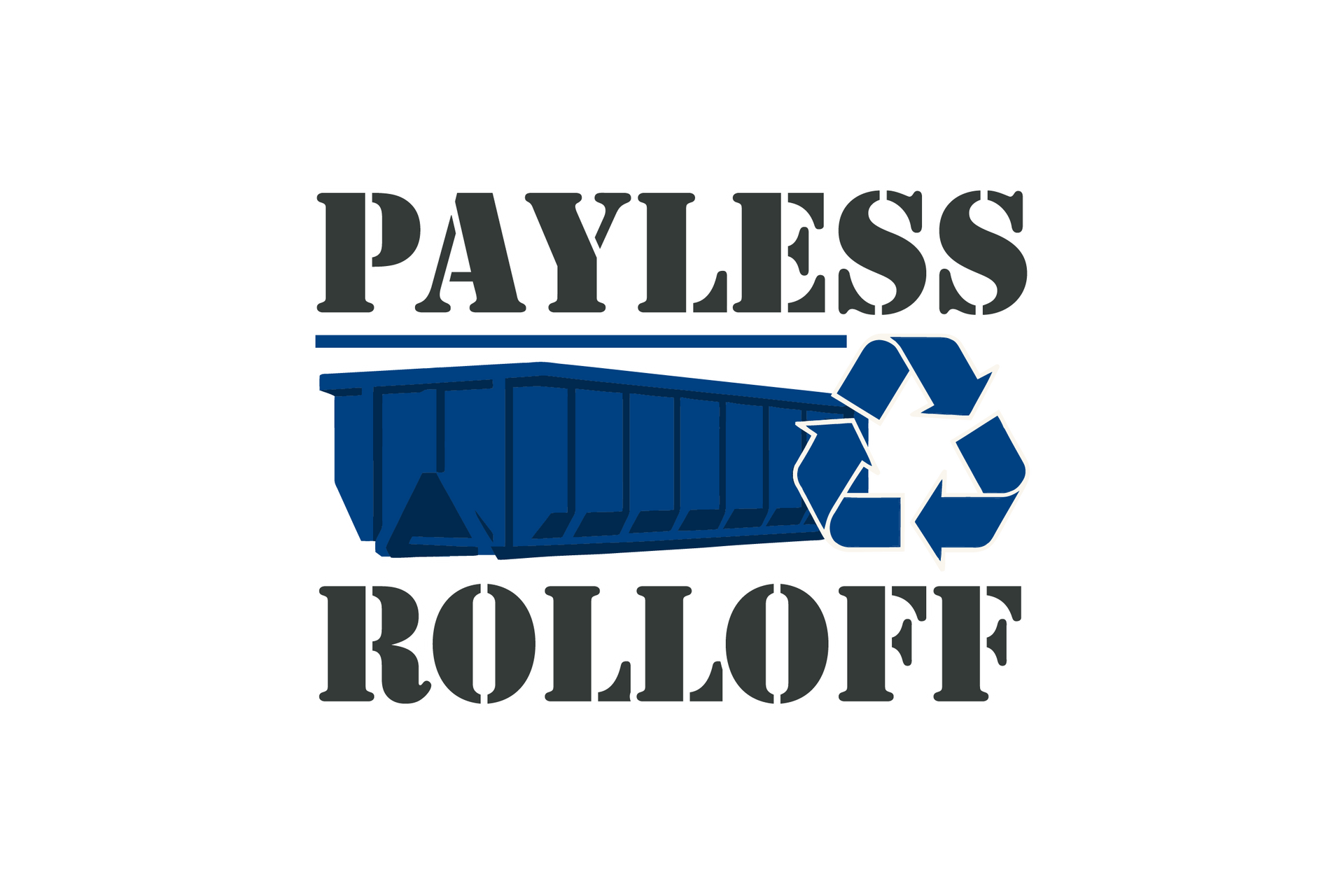What Is a Roll-off Dumpster Rental?
The housing market remains hot in New Mexico, driving demand for new houses and remodeling desires for those who decide to stay put.
All that construction leads to a lot of leftover material like sheetrock, lumber, and just plain trash. For a small job, you might be able to make a run to the landfill with a load in your truck. But it doesn’t take much before the trash starts piling up, and you’re spending as much time transporting as you are working.
That’s when it’s time to get a roll-off dumpster. Renting a dumpster cuts down on trash transport, allowing you to put all your effort into the project. Let’s take a look at what you need to know about getting a roll-off truck dumpster to your site.
Roll-off vs. Standard Dumpster
Most people are familiar with the big metal dumpsters that sit behind most businesses. Those dumpsters take a wide range of trash, almost always have lids, and aren’t built for moving around.
Roll-off dumpsters differ in several ways from standard dumpsters, including:
- Open tops
- Rectangular shape
- Many different sizes
- Meant for specific kinds of waste
- Wheels for easy movement
Specially outfitted trucks deliver these dumpsters, which then roll off the truck and onto your job site. They’re meant to be temporary rather than a permanent part of a business location.
Available Roll-off Dumpster Sizes
Construction and remodeling projects come in a range of sizes, so these dumpsters do too. It’s important to consider the size to ensure there’s enough room for all your trash, but also to make sure the dumpster will fit where you need it.
Dumpster sizes are listed by the number of cubic yards they can hold, and we offer a standard set that runs from 10 cubic yards up to 40 cubic yards.
Smaller dumpsters are good for exterior remodeling projects like replacing roofs or siding. If you’re cleaning out a house or storage location, you might need to move up to accommodate furniture and heavy materials. Bigger renovations and new builds call for the biggest sizes and likely more than one unit at a time.
While 20-, 30-, and 40-cubic-yard dumpsters hold different amounts, they all come in the same 22-foot length, which makes it much easier to get them into your space. The larger dumpsters get taller to accommodate more trash.
Roll-off Dumpster Uses
Many small projects around the house produce trash, some of it similar to what you might leave out on a bulk trash day. But even small projects can leave you with way more than is allowed, making a dumpster a good temporary investment. The dumpster helps you keep things cleaner and safer around a house or job site because there’s a single location for all the trash.
Dumpsters are best for projects like:
- Landscaping
- Remodels and renovations
- Home and storage cleanouts
- Construction
While your weekly trash pickup is done by a public company, roll-off dumpsters are hired out by private waste removal companies. As a result, the rules for what you can put in the dumpster differ from your regular trash or even for standard dumpsters.
The most generally acceptable waste items include:
- Household waste - clothes, furniture, and carpet
- Construction debris - boards, wood, drywall, windows, plywood, plumbing fixtures, and cabinets
- Heavy materials - concrete, stone, dirt, bricks, logs, and shingles
Roll-off Dumpster Waste Restrictions
If you’ve ever taken a load out to the Cerro Colorado landfill, you know there are various rules around what can and cannot be dumped there. Some of those same rules apply to what you can’t put into a roll-off dumpster, although there are a few extra ones.
Most restrictions on what can’t be put in the dumpster revolve around safety and cleanliness. Because these dumpsters have open tops, anyone and anything can crawl into them, so nothing should go in that can cause harm to people or animals. This includes anything that falls into the hazardous materials category like toxins and contaminants.
In addition, nothing should go in that can cause damage to the dumpster so that it isn’t safe for others to use. Things that might explode or liquids that corrode fall into this area.
Other items on the restricted list have alternative options for disposal, like tires or electronics for recycling. Others require special handling when disposing of them, like asbestos, batteries, oils, propane tanks, and appliances with freon.
Roll-off Dumpster Rental Pricing
When reserving a roll-off dumpster, it’s important to understand the various pieces involved in the cost. Most roll-offs rent by the week with a per-day fee for any time past seven days. The base rate is determined by the container size and how long you plan to keep it.
Depending on the location of your site, there might be a delivery fee added to the rental fee. This delivery fee covers gas and time getting to your job site and from there to the landfill.
The standard rate usually includes the first ton of trash put into the dumpster. Beyond that, you are charged a per ton or half-ton rate, which covers the landfill charges for the extra weight.
Schedule Your Roll-off Dumpster Rental
Whether you’re cleaning out a storage shed or doing a whole-house remodel, using a standard truck and trailer to haul trash and debris costs you time and money. A roll-off dumpster makes for a more practical choice for disposing of large amounts since it can hold a ton (or three). You can schedule it to fit your timetable and leave it to the professionals to make the run to the landfill.
Have a project coming up that will generate a lot of trash? Contact us to get a quote on a dumpster rental.
